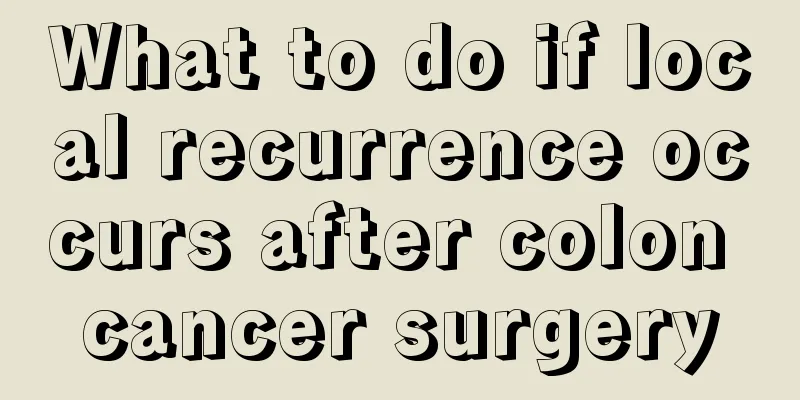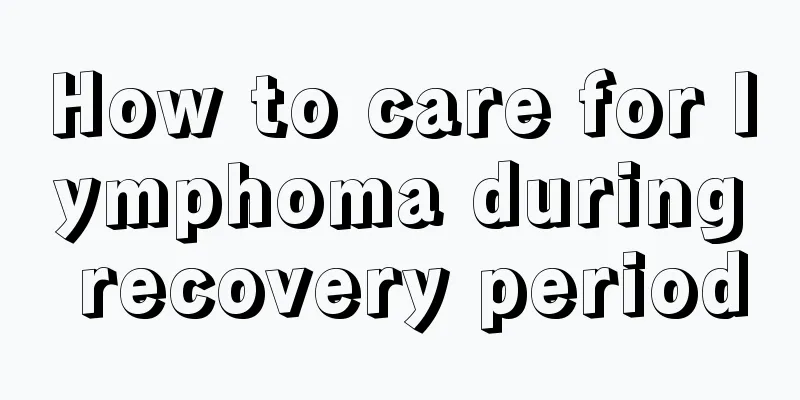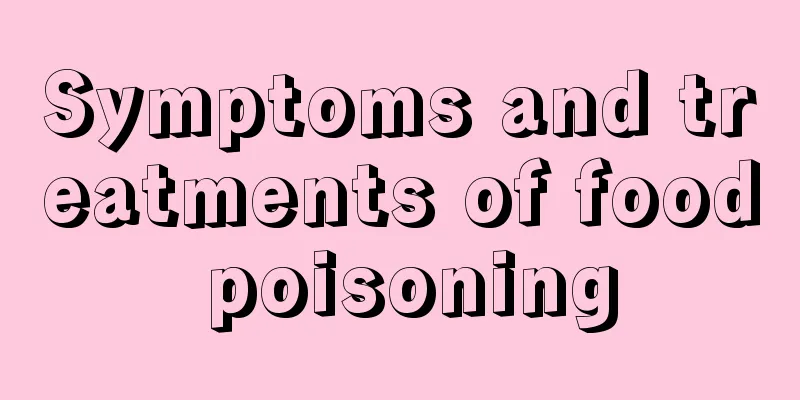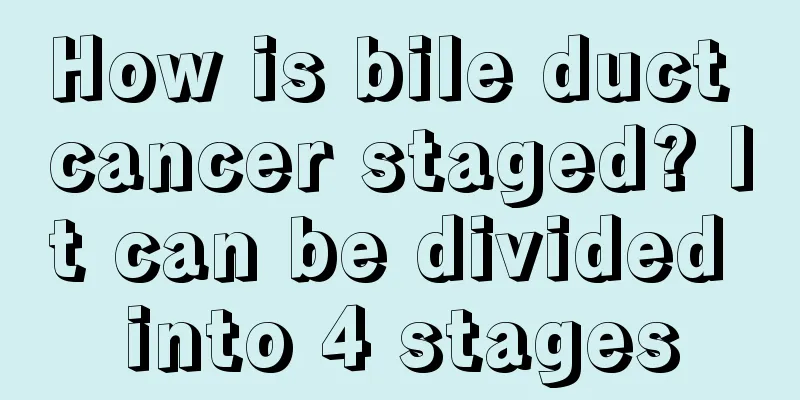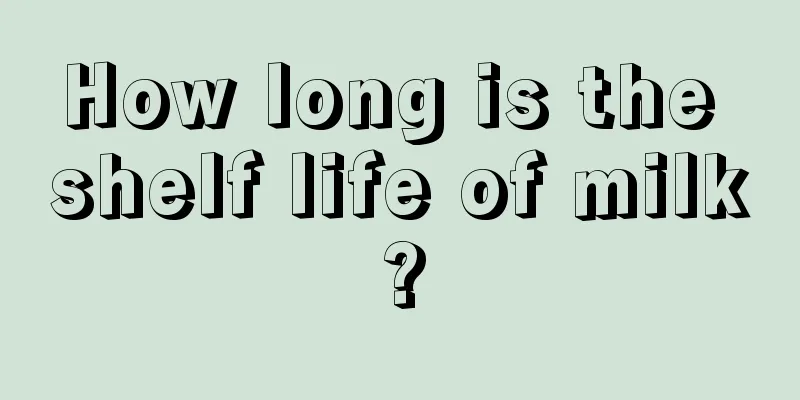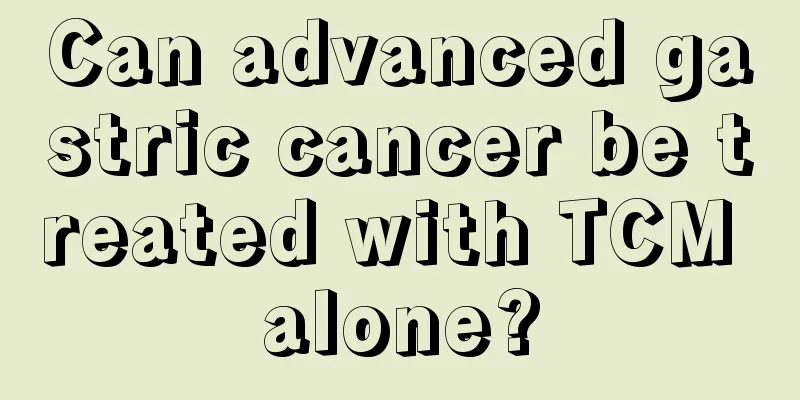Gastric pyloric tumor
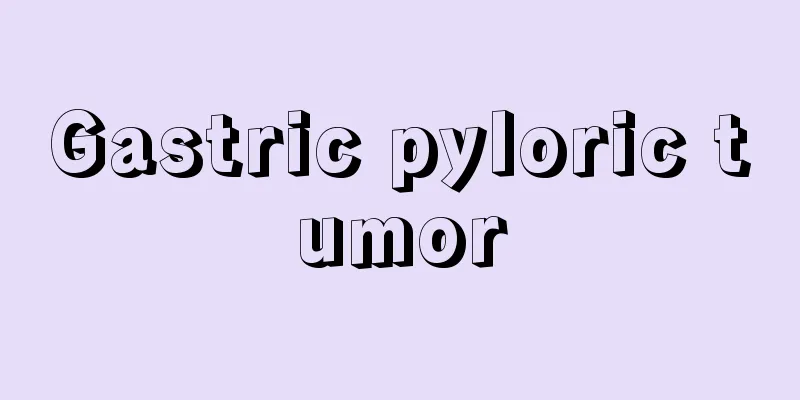
|
The situation of gastric pyloric tumor cannot be ignored. If you don't pay enough attention, your condition will worsen and cause malignant tumors. Once it happens, there is no way to take conservative treatment again. Surgical treatment must be used. Only in this way can the tumor be removed and the purpose of treatment be achieved. Secondly, the patient also needs chemotherapy to achieve a radical cure. 1. Surgery (1) The principle of radical surgery is to remove part or all of the stomach including the cancer lesion and the possibly infiltrated stomach wall in one piece, remove the lymph nodes around the stomach in one piece according to the clinical staging standards, and reconstruct the digestive tract. (2) Palliative surgery: When the primary lesion cannot be removed, surgery is performed to alleviate symptoms caused by complications such as obstruction, perforation, and bleeding, such as gastrojejunostomy, jejunostomy, and perforation repair. 2. Chemotherapy Used before, during and after radical surgery to prolong survival. Appropriate chemotherapy for patients with advanced gastric cancer can slow down the growth of the tumor, improve symptoms, and have certain short-term effects. In principle, adjuvant chemotherapy is not necessary after radical surgery for early gastric cancer. However, adjuvant chemotherapy should be performed in the following cases: high malignancy of the pathological type; cancer area larger than 5 cm; multiple cancer lesions; and age under 40 years old. Patients with advanced gastric cancer who have undergone radical surgery, palliative surgery, or have recurrence after radical surgery require chemotherapy. Commonly used chemotherapy administration routes for gastric cancer include oral administration, intravenous administration, intraperitoneal administration, and regional infusion via arterial catheterization. Commonly used oral chemotherapy drugs include tegafur, eufodine, flutolan, etc. Commonly used intravenous chemotherapy drugs include fluorouracil, mitomycin, cisplatin, doxorubicin, etoposide, and calcium leucovorin. In recent years, new chemotherapy drugs such as paclitaxel, oxaliplatin, topoisomerase inhibitors, and Xeloda have been used to treat gastric cancer. 3. Targeted therapy Targeted therapy can specifically damage cancer cells and reduce damage to normal cells. Currently, the types and effects of targeted therapeutic drugs for gastric cancer are limited. Targeted therapy drugs mainly include epidermal growth factor receptor inhibitors, angiogenesis inhibitors, cell cycle inhibitors, apoptosis promoters, matrix metalloproteinase inhibitors, etc. 4. Other treatments Immunotherapy for gastric cancer includes non-specific biological response modifiers such as BCG and Lentinan; cytokines such as interleukins, interferons, and tumor necrosis factors; and adoptive immunotherapy such as the clinical application of activated lymphocyte killer cells (LAK) and tumor infiltrating lymphocytes (TIL). Anti-angiogenesis genes are a widely studied gene therapy approach and may play a role in the treatment of gastric cancer. |
<<: How to lower creatinine value
Recommend
Does pumpkin contain starch?
Many foods we eat in daily life contain starch, a...
What happened if my period is delayed for ten days?
Menstruation is another name for the arrival of a...
What medicine should I take if I have uterine cancer
Postoperative rehabilitation treatment for endome...
What are the early symptoms of pulmonary obstruction
The lungs are the respiratory organs of the human...
How does prostate cancer metastasize? What is the cause of prostate cancer?
How does prostate cancer metastasize? What is the...
8 signs that liver cancer is approaching you!
Liver cancer is one of the most common malignant ...
Early detection of lung cancer
In recent years, many people have been tortured b...
How much does it cost to treat throat cancer
The incidence of diseases such as laryngeal cance...
Is yogurt a probiotic?
Yogurt is a beverage containing lactic acid bacte...
Is it better to wash your face with warm water or cold water?
I believe that female friends all pay great atten...
Nursing issues regarding prostate cancer
Oncologists say that prostate cancer is a disease...
Nitrite in overnight food is fatal
Nowadays, almost every household has a refrigerat...
Are there any symptoms of lung infection?
The lungs are the main processing center for peop...
What are the causes of gastric tumors?
Gastric tumor is a common tumor disease, but many...
Will I die if I have my teeth pulled out?
The process of tooth extraction is also quite pai...
